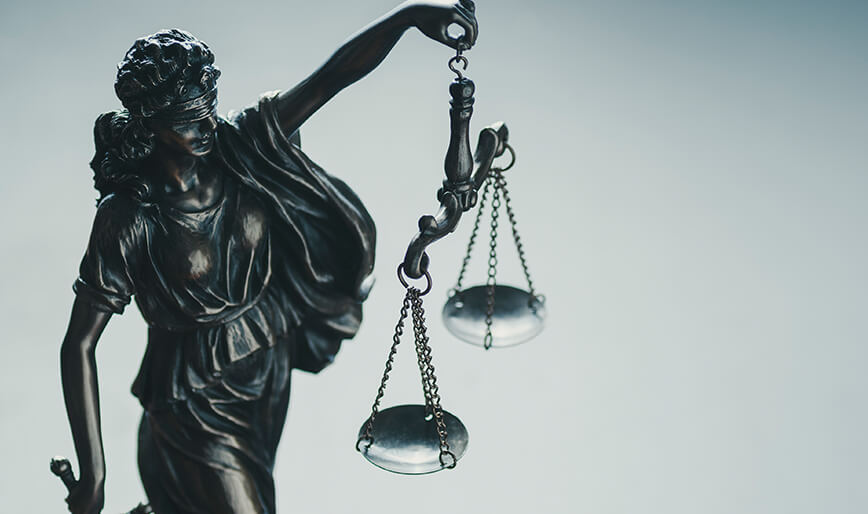
Domestic violence remains a serious and widespread issue in Nigeria. It affects individuals across all backgrounds—regardless of age, gender, religion, or status. Victims often feel isolated, afraid, and unsure of where to turn. But one critical source of support many overlook is legal help.
At Acacia Law Firm, we believe that access to justice is essential for survivors of abuse. Here’s how a lawyer can help you—or someone you know—escape domestic violence and pursue safety, justice, and protection.
Understanding Domestic Violence in Nigeria
Domestic violence is not limited to physical abuse. Under Nigerian law and the Violence Against Persons (Prohibition) Act 2015 (VAPP Act), domestic violence includes:
- Physical assault or battery
- Sexual abuse or marital rape
- Emotional or psychological abuse
- Economic abuse (e.g., controlling finances)
- Intimidation or threats
- Stalking or harassment
The VAPP Act (currently applicable in the Federal Capital Territory and adopted by several states) expands protection for victims and criminalizes many forms of abuse that were previously ignored.
How a Lawyer Can Help
1. Providing Legal Advice and Guidance
Many survivors don’t know their rights—or that the law is on their side. A lawyer can explain:
- Your rights under Nigerian law
- The legal definition of abuse
- What options are available for protection, divorce, child custody, or criminal charges
This guidance helps survivors make informed decisions with confidence.
2. Securing a Protection Order (Restraining Order)
Lawyers can help victims apply for a Protection Order under the VAPP Act. This court-issued order legally restrains the abuser from:
- Coming near the victim
- Contacting the victim
- Committing further abuse
Violating a protection order can lead to arrest and prosecution.
3. Filing Police Reports or Criminal Complaints
A lawyer can accompany survivors to the police station, help them file a formal report, and ensure the complaint is taken seriously. Legal professionals also monitor how the case is handled to prevent negligence or bias by law enforcement.
4. Representing Clients in Court
Whether it’s for criminal prosecution, divorce, or custody battles, a lawyer is essential in building a strong case, gathering evidence, and presenting it clearly before a judge.
Legal representation increases your chances of a fair and safe outcome.
5. Helping with Divorce or Separation Proceedings
If you are married to your abuser, a lawyer can guide you through legal separation or divorce—ensuring your rights (and your children’s rights) are protected. This includes:
- Division of property
- Spousal support
- Child custody and access
- Safety during proceedings
6. Assisting with Shelter and Support Referrals
Many law firms, including Acacia, work with NGOs and social services. We can refer survivors to shelters, counseling, and support groups to help them rebuild safely and sustainably.
Overcoming Barriers: Why Victims Often Stay Silent
Survivors often stay in abusive relationships because of:
- Fear of retaliation
- Financial dependence
- Social stigma or shame
- Lack of awareness of legal options
This is why legal advocacy is so important—it provides a path to freedom, dignity, and justice.
Final Words: You Are Not Alone
If you or someone you know is experiencing domestic violence, please know that help is available. At Acacia Law Firm, we are committed to helping survivors take back their power, assert their rights, and find lasting safety through the legal system.
Confidential consultations are available.
Your safety is our priority.


